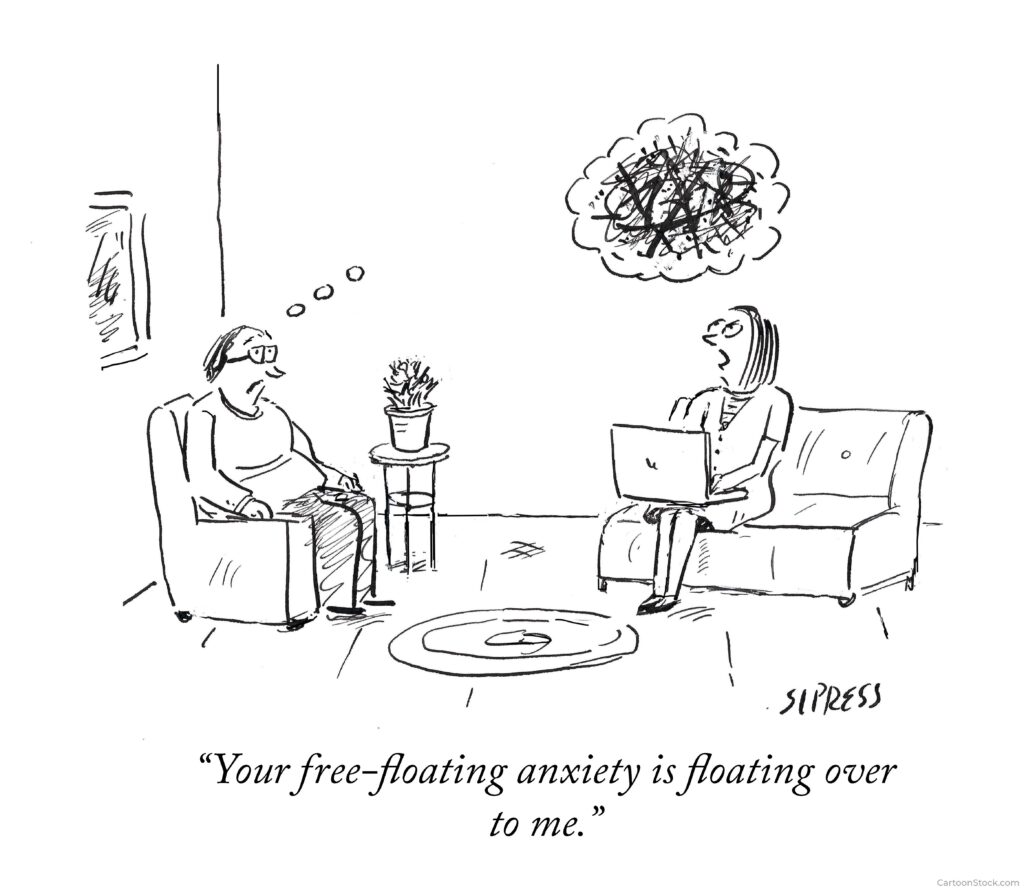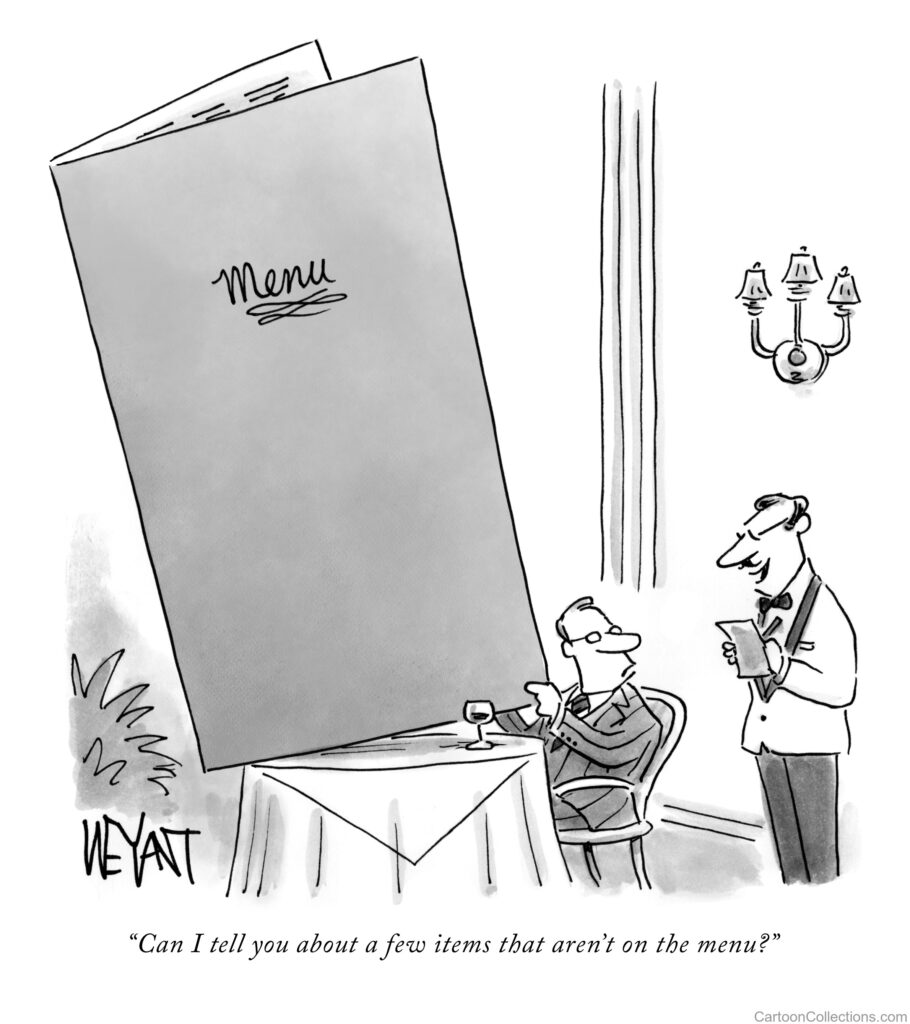
Emotional contagion is a term coined by behavioral scientists for a fairly universal aspect of human nature—that we tend to mirror the mood signals of others. We tend to mimic verbal, physiological and behavioral aspects of another person’s emotional experience and thus experience the same emotion. When someone smiles at us, we are likely to smile in response, which in turn makes us feel more positively about them and our circumstances in general. Laughter will tend to prompt laughter, anger will prompt anger, and tears will prompt tears. Emotions can be “caught” – transmitted from one person to many.
Emotional contagion is an important trait. It’s what allows a parent to comfort a child so effectively. It allows us to immediately adjust our demeanor when we come into contact with others.
Marketing and PR companies have long utilized emotional contagion by associating positive images dan feelings with certain brands. Commercials are filled with smiling actors doing fun things even though what they’re doing has little relationship to the product being promoted. Some critics deride this as “emotional engineering or emotional manipulation” but it obviously works to sell products.
Use emotional contagion to positively empathize with and affect others. Also, be aware of how you may be manipulated by it— buying that new car may not bring the happiness, prestige, or contentment suggested by the advertisements promoting the car.
Here’s a video of my family riding in a van from London to Southampton. Everyone was in a somber mood because of the rainy weather. I decided to brighten up the ambience using emotional contagion. We laughed till our sides ached.


